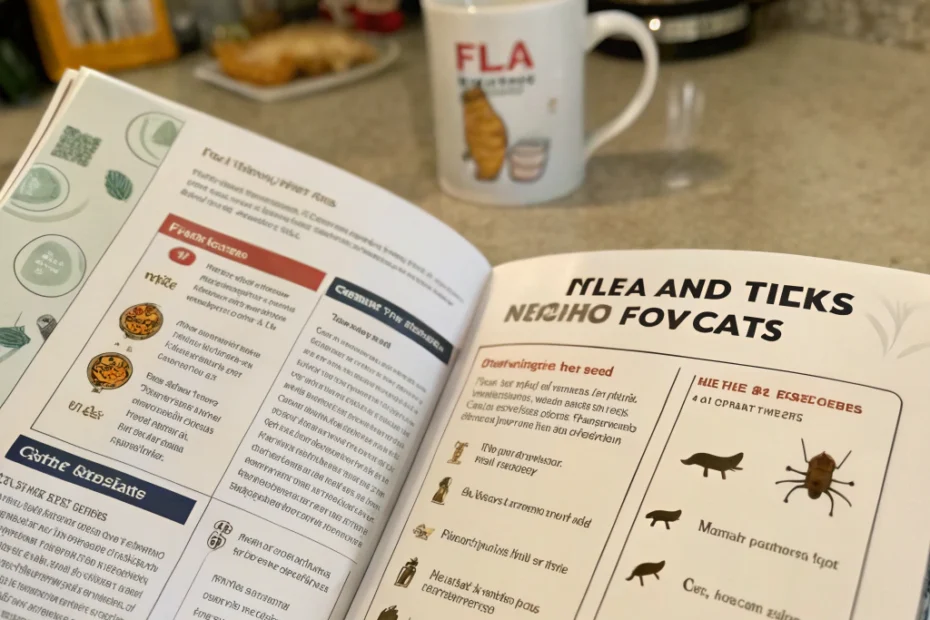At-a-Glance
Flea and tick infestations are more than just an itchy annoyance for your cat. They can lead to serious health issues like anemia, dermatitis, and even tapeworm infections. Flea and tick medicine for cats is a crucial aspect of pet care, helping prevent these pests from causing harm. In this guide, we’ll explore everything you need to know about selecting and using these products effectively.
How to Choose
Choosing the right flea and tick medicine involves considering several factors:
- Age and Weight: Ensure the product is suitable for your cat’s age and weight class.
- Application Method: Options include topical treatments, oral medications, and collars. Choose one that fits your cat’s lifestyle and your comfort level with administering it.
- Effectiveness: Look for products that offer protection against both fleas and ticks, and preferably other parasites as well.
- Safety: Check for any known side effects and consult your vet if your cat is on other medications.
Safety & Setup
Ensuring safety when using flea and tick medicines is paramount:
- Read Instructions Thoroughly: Always follow the product’s instructions carefully.
- Monitor Your Cat: Watch for any adverse reactions, such as excessive salivation or lethargy, after application.
- Environment Preparation: Treat your home and yard to prevent re-infestation. Vacuum regularly and wash bedding.
Core Pillars
The core pillars of effective flea and tick prevention include consistent application, understanding your cat’s health needs, and integrating the treatment with a holistic approach to wellness.
Placement & Environment Tips
To maximize the effectiveness of flea and tick medicine, consider these environment tips:
- Indoor Safety: Keep your cat indoors as much as possible during peak flea and tick seasons.
- Regular Cleaning: Maintain a clean living space by vacuuming carpets and washing pet bedding regularly.
- Outdoor Management: If your cat goes outside, ensure the yard is treated and maintained to reduce flea and tick habitats.
Comparison with Alternatives
While flea and tick medicines are highly effective, some pet owners explore alternative methods such as natural oils or herbal treatments. While these alternatives may offer some relief, they often lack the comprehensive protection offered by conventional medicines. Always discuss these options with your vet to ensure they are safe and effective for your cat.
FAQs
Q: How often should I apply flea and tick medicine?
A: Most treatments are applied monthly, but always follow the specific product’s guidelines.
Q: Can I use dog flea and tick medicine on my cat?
A: No, dog products can be toxic to cats. Always use products specifically formulated for cats.
Q: What should I do if my cat has a reaction?
A: Discontinue use and contact your veterinarian immediately for advice.
What to Do Next
Now that you’re equipped with essential knowledge about flea and tick medicine for cats, consider speaking with your veterinarian to choose the best product for your feline friend. Regular check-ups and an integrated approach to pest control will ensure your cat remains healthy and happy.
Disclaimer: Always consult your veterinarian for personalized advice regarding your cat’s health.
